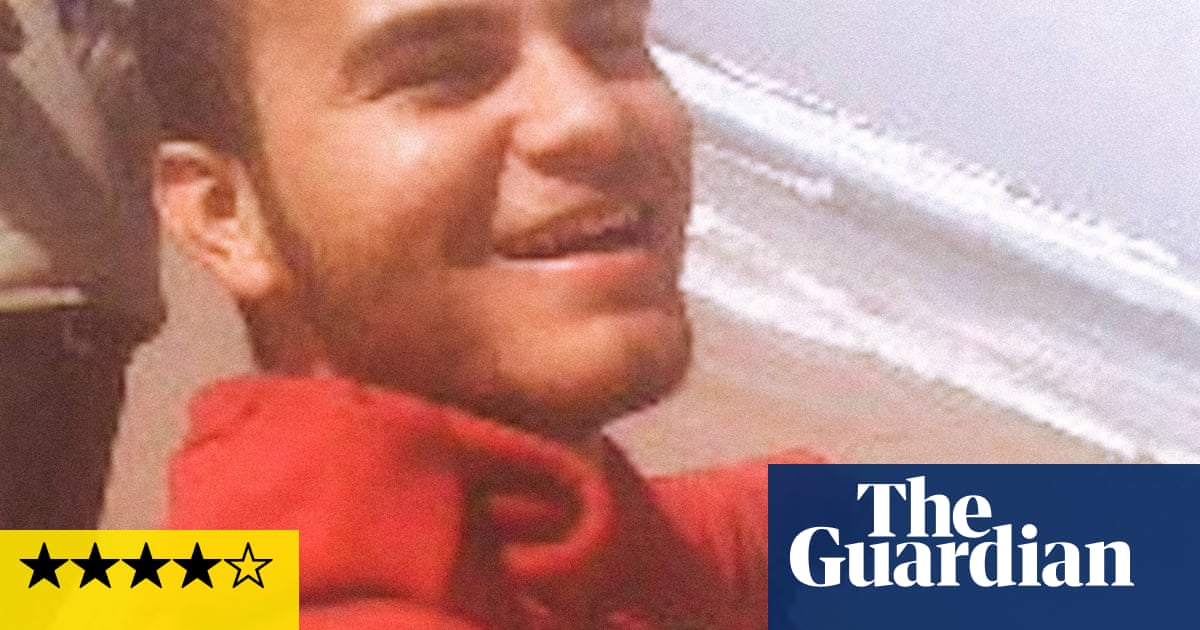Here is a tale from pre-7 October Gaza, on whose optimist energy subsequent events now cast a gloomy shadow. Almost 10 years ago, young Palestinian film-maker Mohamed Jabaly came from Gaza City to the Tromsø film festival in northern Norway with hismuch admired documentary Ambulance,about his time volunteering with an ambulance crew in Gaza in 2014. But the Rafah crossing with Egypt, Gaza’s only entry and exit point, was closed by Israel while Jabaly was away and he found himself stranded in the city. He used the time to shoot this documentary about his exile and about the Norwegian lens through which he poignantly views his beloved homeland.
Jabaly’s friends and admirers in Tromsø rallied round and became his surrogate family, chiefly the heroically good-natured festival directors Hermann Greuel and Martha Otte. But when Jabaly applies for new visa to extend his stay, the online entry form refuses to accept “Palestinian” as his nationality and recognises him merely as “stateless”, which may well be a factor in causing his application to be refused. He can’t go … he can’t stay … time is running out … but Jabaly’s boyish, innocent enthusiasm seems inexhaustible (though there are moments when the same can’t exactly be said for Greuel, who sometimes comes across as Jabaly’s grumpy dad.)
It’s an eye-opening and very approachable cine-essay about the real experience of exile. But a word about the title: the original Arabic is “al haya helwa”, which is what one of Jabaly’s friends cheerfully says to him on the phone. The echo of Roberto Benigni’s famous second world war Nazi death camp tragicomedy of the same title is, I think, accidental, though it brings us inadvertently and indirectly close to the worrying and problematic Israel-equals-Nazis jibe. But the film itself is too ingenuous and open for that.
Life Is Beautiful is on True Story from 4 July.
